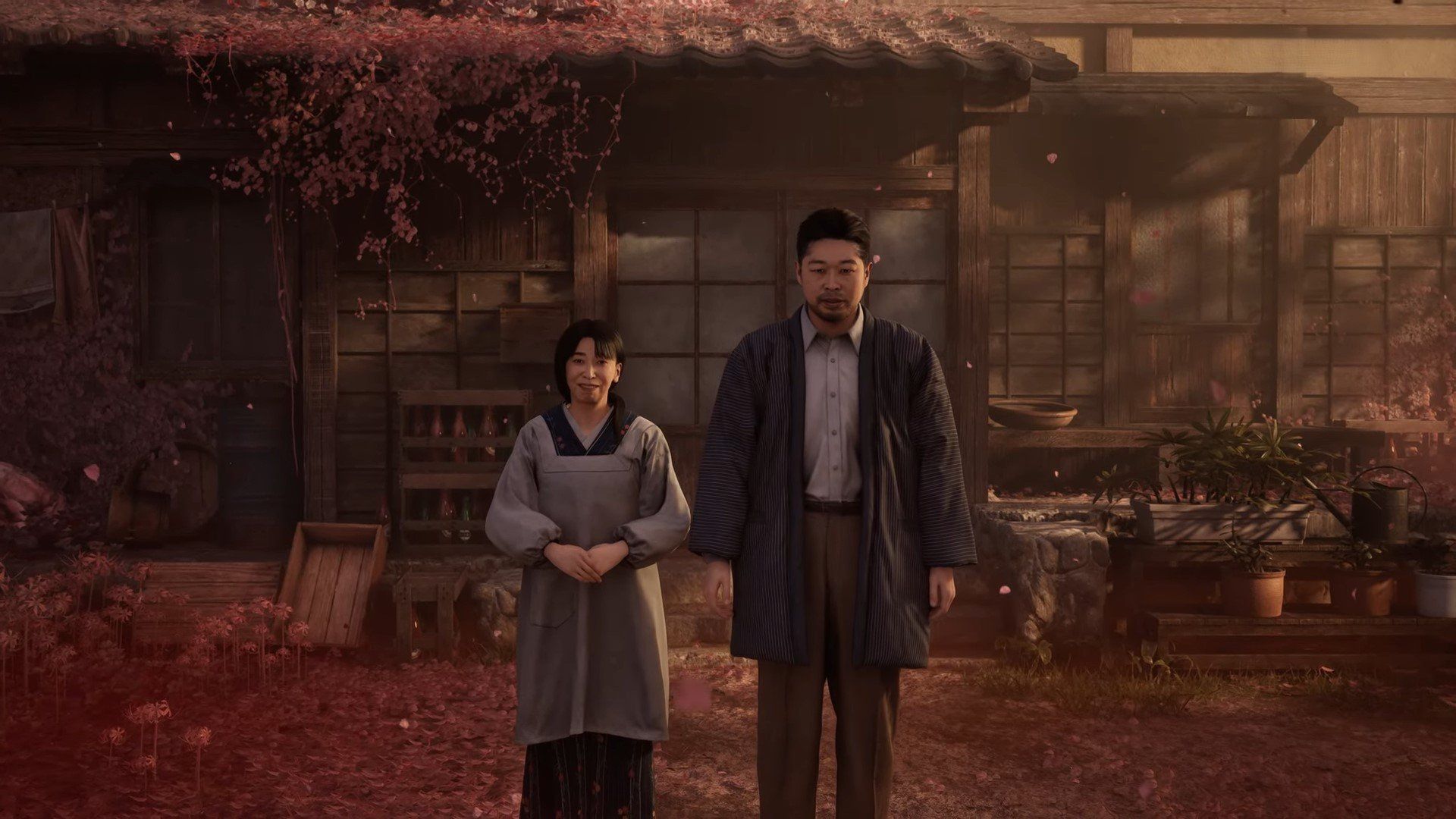If you’ve been a Silent Hill fan since the good old days, you know that the franchise hasn’t exactly been at its peak. The first three Silent Hill games (or first four, depending on who you ask) are all bona-fide classics, helping to shape gaming’s horror scene in its formative years, but they were eventually followed by lackluster or poorly performing titles like Silent Hill: Homecoming. Several years and one widely publicized Kojima-related PR debacle later, Silent Hill has returned with Silent Hill f, an indubitable gift for the franchise.
Much like 2017’s Resident Evil 7, Silent Hill f could help get Silent Hill back on track. While its struggles may not have been quite as severe or enduring as Silent Hill‘s, Resident Evil was certainly at risk of falling into irrelevance in the wake of Resident Evil 6, which many viewed as a gross adulteration of the franchise’s core tenets. Whether RE6 is a “good” game is subjective and largely irrelevant: the point is that it lacks the vision and impact of its predecessors—something that’s evidenced by its lack of staying power relative to something like RE5. Resident Evil 7 brought vision, verve, and panache back to the franchise in spectacular fashion, and Silent Hill f has done precisely the same thing.
Silent Hill f has been outselling the Silent Hill 2 remake, indicating that the series’ demographic is hungry for fresh stories.
Like Resident Evil 7, Silent Hill f Sets the Stage for the Future
Remakes Are Nice, but Franchises Need New Blood
I don’t want to undermine the accomplishments of Bloober Team’s Silent Hill 2 remake; I actually think it’s incredibly impressive, effective, and artistically significant in its own right, despite being necessarily derivative. But it’s still a remake, looking to the past rather than the future. It polishes and reinterprets narrative and mechanical elements, but it still has the skeleton of the original Silent Hill 2.
Silent Hill f is an entirely new story and gameplay concept, introducing significant new ideas to both the Silent Hill mythos and the modern gaming landscape. Much like how Resident Evil 7 approached series’ concepts from a different angle, so too does Silent Hill f provide a fresh take on the material and ephemeral aspects of its franchise. In other words, Silent Hill f still feels unmistakably “Silent Hill,” but it accomplishes this in a new setting, with a new protagonist, and new, inventive interpretations of series staples that had previously grown stale.
The psychological horror typical of previous Silent Hill games is still present in Silent Hill f, but with vital changes. Some of these changes are tied to its setting—Japanese culture and folklore play a significant role in characters’ psychological composition—and some of these are due to the unique traits of Hinako, Silent Hill f‘s young protagonist. Heady themes, tortured protagonists, and complex metaphors are all essential to Silent Hill‘s identity, but while recent entries have just stacked more weight upon these pillars, Silent Hill f revitalizes them; it ends up having more in common with the best Silent Hill games because of its creative differences, not in spite of them.
Resident Evil 7 went back to its series’ roots, leveraging survival horror mechanics and psychological horror storytelling to a greater degree than its closest predecessors. But it was also astonishingly unique, introducing a first-person perspective, new protagonist, and unprecedented biohazard that recontextualized long-running lore elements. Anyone who has played and beaten Silent Hill f may find that description rather familiar. Hopefully, Silent Hill f sparks a new golden age for the franchise, just like Resident Evil 7 did for Capcom.
